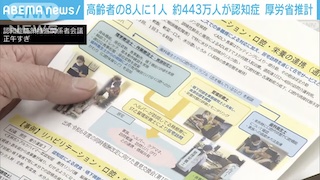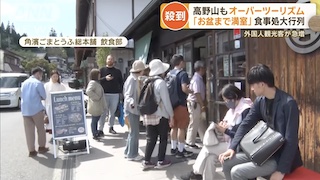May 30 (businessinsider.com.au) - Over the last five years, Japan's economy has contracted by more than two trillion dollars in GDP and 1 million people in lost population.
If the US doesn't keep investing in immigrant labour and flexible work schedules, it could be only a couple decades behind.
Experts call situations like Japan's "demographic time bombs." They're places where fertility rates are falling at the same time that longevity is increasing. Without young people to support older generations, economies can shrink, putting even more pressure on younger generations to keep families small and budget-friendly.
Japan's case is an extreme one, says Harvard sociologist Mary Brinton. But a 2016 UBS report found the ratio of working-age people to the rest of the population in a number of industrialized countries, including the US, bears a striking resemblance to Japan's ratio in the 1990s.
"The 'Japanization' of the global economy marked by transition to low growth and low inflation has started to attract investor attention as a phenomenon in recent years, the UBS authors wrote. "There has been scarcely any nominal GDP growth over the past 20 years in the Japanese economy."
The story isn't necessarily all bad for the US in the late 2030s.
Many of Japan's challenges stem from how the country structures its labour force. People work long, gruelling hours, and the country is notoriously wary of relying on immigrant labour. In Japan, the people who do the work are younger people born in Japan.
The US model, meanwhile, offers greater flexibility and shorter hours compared to the Japanese system. It also is more favourable toward immigrant work.








